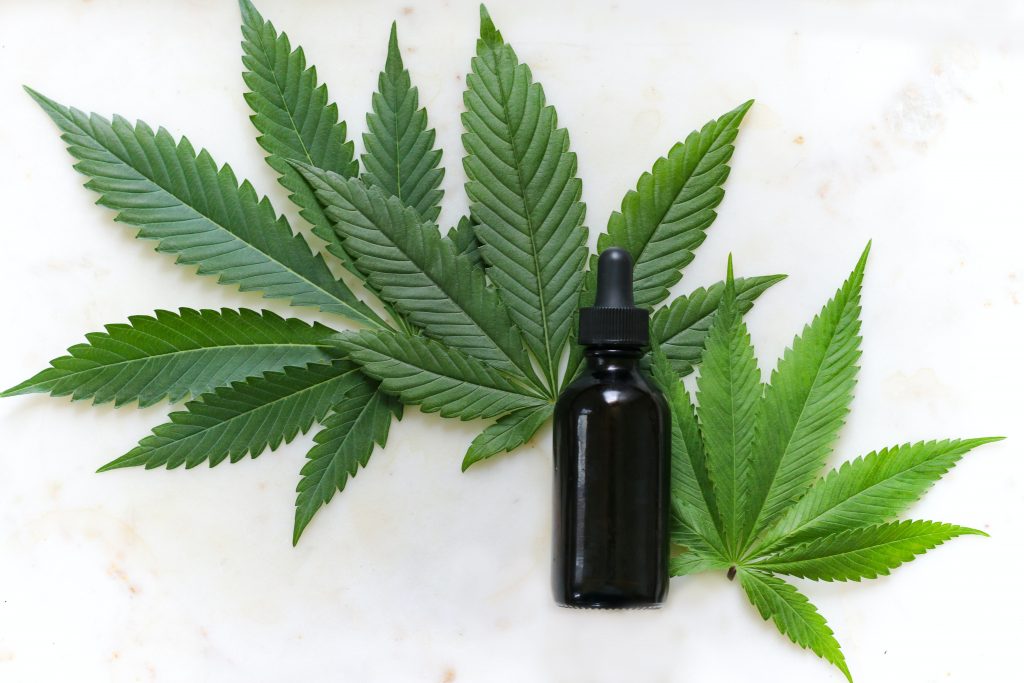
Proponents of so-called “medical marijuana” have argued that cannabidiol (CBD) oil can treat a host of medical conditions, but new research is casting doubt on those claims.
Writing in the September/October issue of Missouri Medicine — the journal of the Missouri State Medical Association — David Evans notes, that “clinical data does not support some claimed uses of CBD for Parkinson’s disease, schizophrenia, cancer palliation and treatment, chronic pain and spasticity, depression, anxiety disorder, insomnia, and inflammation.”
The article also points out that multiple studies have found CBD products often are mislabeled or contain contaminants, and that a recent federal lawsuit in Florida argued that laboratory testing revealed CBD products contained “potentially harmful levels of lead, copper, nickel, mold, and yeast.”
We have written time and again about the problems associated with marijuana and marijuana-related products like CBD oils.
A study published last year found that marijuana legalization has been linked to psychosis, suicide, and other substance abuse.
A 2019 study presented at the American Heart Association Scientific Sessions found that marijuana addiction among young people is tied to increased risk of heart problems.
A second study found regular marijuana use increases a young person’s risk of suffering a stroke.
Marijuana use is tied to stroke as well as permanent loss in IQ and an increased risk for schizophrenia.
That’s part of the reason why the U.S. Surgeon General has issued warnings about marijuana.
And a new study published in the Journal of the American Medical Association’s publication JAMA Psychiatry found exposure to marijuana during pregnancy was associated with psychotic behaviors, weaker cognitive abilities, and other problems in children.
All of this underscores what we have said for years: Marijuana may be many things, but “harmless” simply is not one of them.




